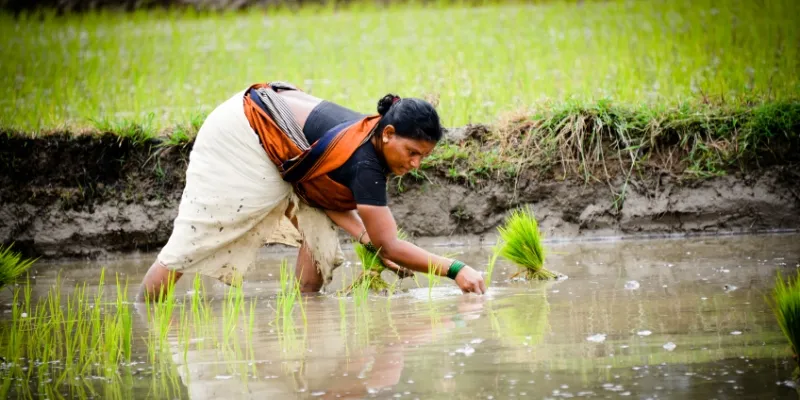Maharashtra is the most friendly farmer state in the Country: NITI Aayog
Maharashtra has been adjudged the most farmer friendly state in the country followed by Gujarat and Rajasthan, according to NITI Aayog's index on reforms in the farm sector.

In a first of its kind of exercise, NITI Aayog has prepared 'Agriculture Marketing and Farmer Friendly Reforms Index' based on initiatives taken by the states in implementing farm sector reforms.
The state of Maharashtra achieves first rank in implementation of various reforms. The state has implemented most of the marketing reforms and it offers best environment for doing agribusiness among all the states and UTs, an official statement said.
It further said that almost 20 out of 29 states, including West Bengal, Uttar Pradesh, Punjab, Assam, Jharkhand, Tamil Nadu and J&K, have done poorly with regard to agri-sector reforms. As per the states' score in the Index, Madhya Pradesh ranked fourth, followed by Haryana, Himachal Pradesh, Andhra Pradesh, Karnataka, Telangana, Goa and Chattisgarh.
Also read : The truth behind the terrible trend of farmer suicides in India
The Index is aimed at helping the states to identify and address problems in the farm sector, which suffer from low growth, low farm income and agrarian distress. The areas identified for action by NITI Aayog with a view to double farm income include agriculture market reforms, land lease reform, and reforms related to forestry on private land.
Detailed study of the reforms in various states and UTs show that reforms have remained patchy, partial, sporadic and implemented in very diluted form, the statement added.
Considering how, farm suicides have been steadily increasing over the years. On an average, around 15,400 farmers ended their lives each year between 1995 and 2003. This number increased to more than 16,000 between 2004 and 2012. This comes as a huge support to the farmers based out of Maharashtra.
Successive governments have focused more on control rather than prevention. It will take more than short-term measures and disproportionately implemented programmes to wade through the crisis. The wave of farmer suicides that hit Marathwada last year could have been avoided if there was a proper irrigation system, weather forecast information, competent crop insurance and buffer stocks in cold storage facilities to distribute to the families in their time of need.
A concrete reorientation of policy is crucial to stopping this depressing trend. Farmers in the country are desperate for help. But taking their lives isn’t the answer, a nationwide farmer movement to demand for reform is. A revolution saved agriculture once, it can again.







